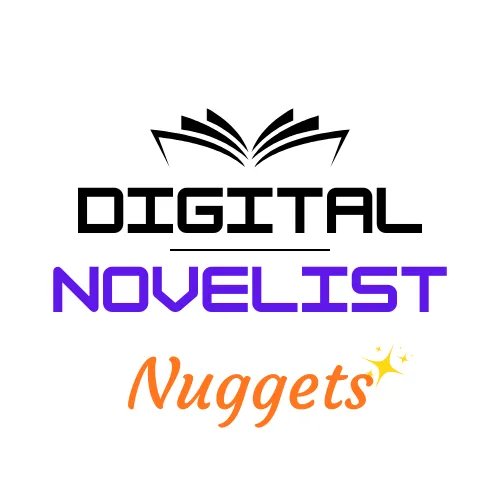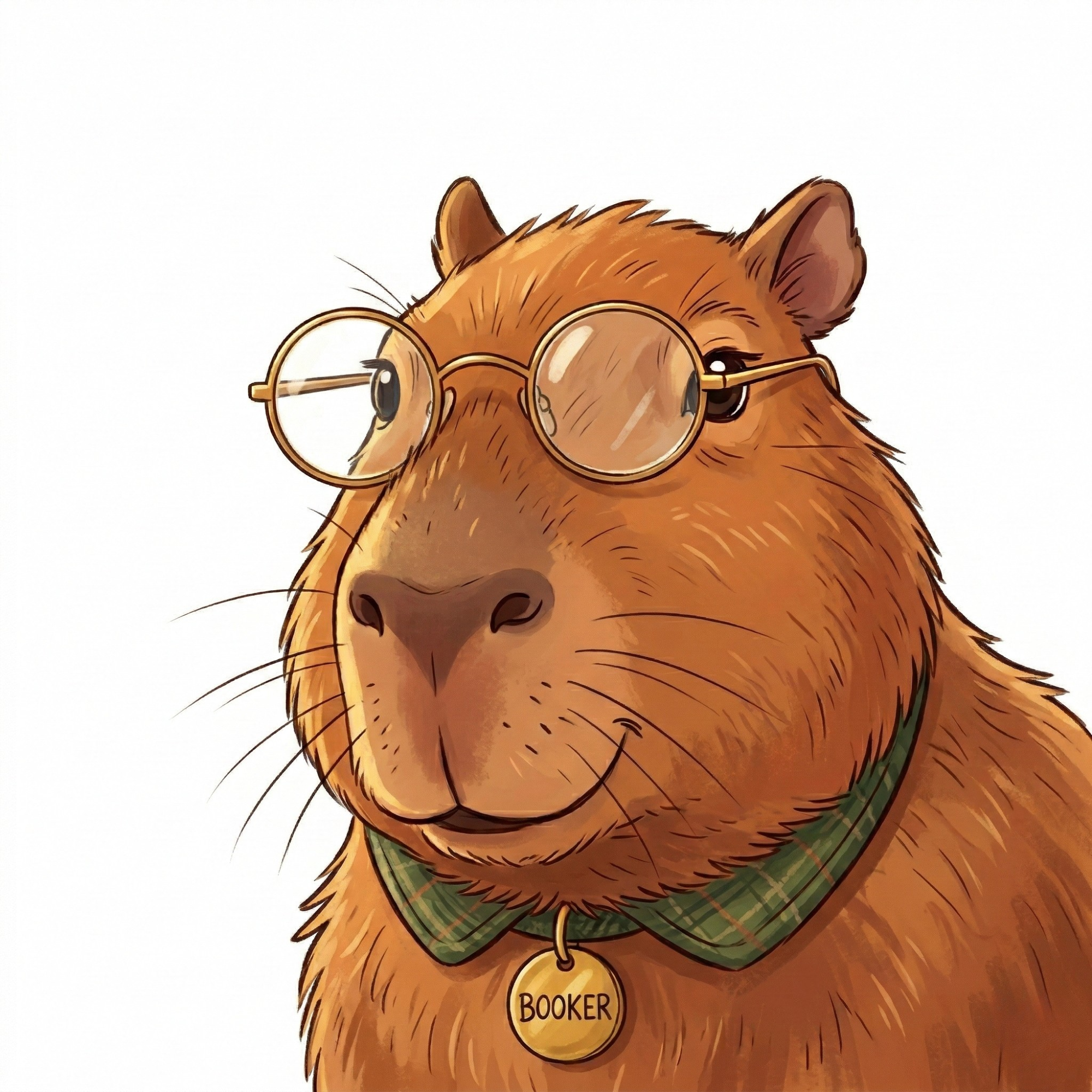Clip ~30 secs
Full Video ~8 mins
Welcome back to a quick Digital Novelist Nugget. I guess that’s what I’m calling these little reflections on journal entries and life as a writer.
I took a trip to Colorado Springs last month to visit my best friend Ryan. The trip wasn’t typical, I was running on low energy from some medical setbacks — but it still got me thinking about creativity, gaming, and storytelling. Let’s get into it.
Q1. Low energy days and creativity
“When I’m low energy, I don’t write as much or sometimes at all. I try to write fiction every day, and I don’t count journaling or audio reflections, only actual story writing. It doesn’t have to be a lot, but it has to be deliberate.
On this trip, I didn’t write much because my time with Ryan is rare, and we only had four days together. Gaming is our ritual, so that became the focus. That’s a reminder to me that creativity has seasons, sometimes you push, sometimes you rest.”
Q2. Gaming as creative influence
“It’s hard for me to turn off my builder vision. I’ve created in code, music, game design, and of course novels, so I’m always analyzing. Ryan always seems to have the next console before I do— this time the Nintendo Switch 2.
I tried Donkey Kong Bananza, which felt like a spiritual sequel to Mario Odyssey, just with more smashing and crushing. Playing together lets me see how mechanics shape flow and pacing, which feeds right into how I think about narrative design.”
Q3. Watching Hollow Knight: Silksong
“Watching Ryan play the recently released Hollow Knight: Silksong was like time travel. I grew up watching friends play, and I still love it. When I’m not playing, I notice more: mechanics, aesthetics, the overall vibe.
Silksong gave me that same isolation and mystery I felt with old Metroid games; a lonely, dangerous world where you’re not sure why you’re there. That atmosphere reminded me how important tone is in storytelling.”
Q4. Childhood habits shaping narrative design
“Those early experiences of watching games bleed into how I write. I treat the beginning of a book like a tutorial teaching the reader how to ‘play’ this story.
Prompted Hearts and Grief Algorithm is more dense and literary, while Gates of Okinawa was breezier and creepier, more of an adventure. I’m always asking: what’s the player experience here? How should someone feel reading this?”
Q5. The creative lesson from the trip
“The big takeaway? It’s okay to step away. For four days I didn’t push the writing. That pause let me come back with more energy. Sometimes the most creative thing you can do is rest.”
Thanks for listening to this reflection. Gaming with friends, low-energy days, even just watching someone else play, they all feed into how I write and how I think about stories. That’s the heart of being a digital novelist: letting life and creativity collide in unexpected ways. Catch you in the next one.


